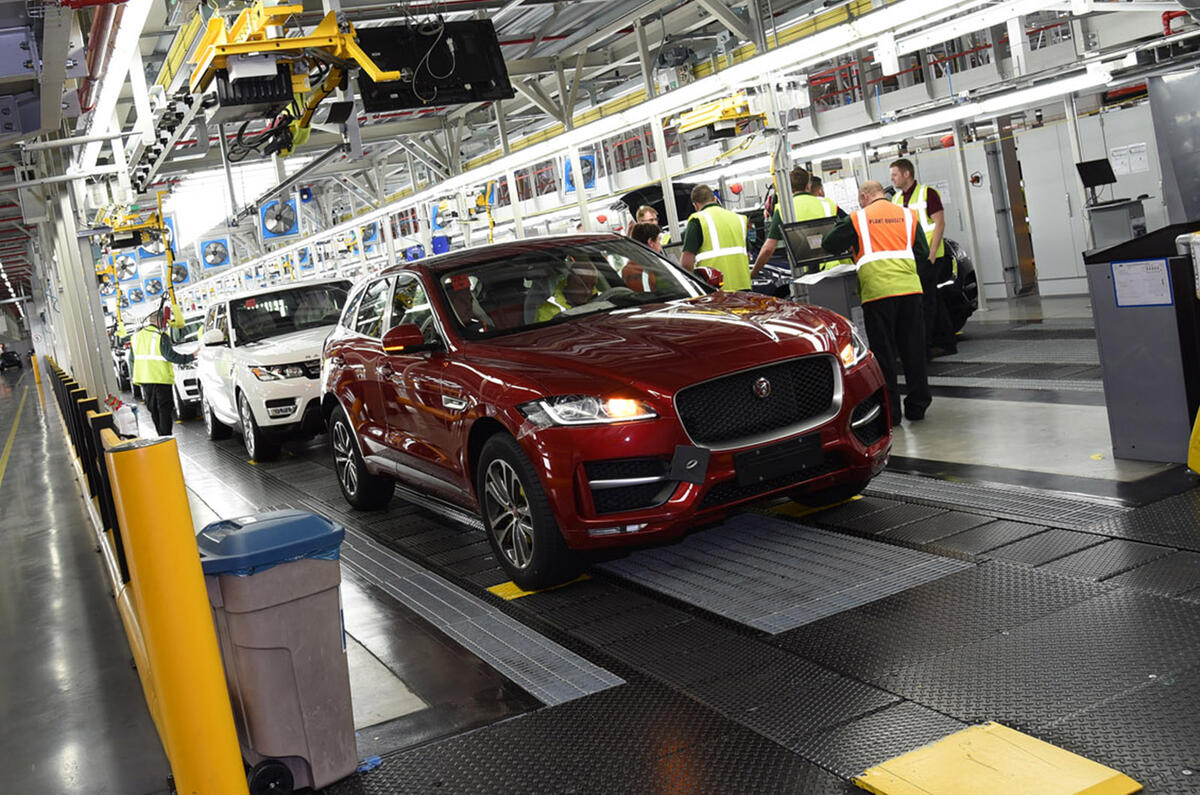So big and so far reaching is the British car industry in the fabric of our nation that it is hard to be concise when singing its praises, so forgive me for the ensuing stat attack while I try to do justice to it and its hard-working employees across retail, manufacturing and the sprawl of head offices and suppliers linked to those disciplines.
Let’s start with retail, the beating heart of the industry. The latest figures from the National Franchised Dealers Association estimate that (pre-Covid) 590,000 people work in automotive retail, generating £2.4 billion in net capital expenditure, with businesses turning over around £200bn a year – £150bn from car sales alone.
Then there’s manufacturing, which, the Society of Motor Manufacturers and Traders estimates, employs 168,000 people directly – with about double that number working around it. Turnover is valued at £82bn a year, while it accounts for around 14% of the total value of exported goods from the UK each year, at £44bn. R&D spend is £3.75bn – and great for future jobs.
All big numbers, and all made even more significant when you start to layer in extra detail as to what all this activity means for the nation’s coffers, which are some way beyond breaking point right now.
The latest estimates from the European Automobile Manufacturers’ Association (ACEA) suggest the UK’s annual tax income from automotive totals £49bn. That’s made up of £12.6bn of VAT on sales of cars, parts and servicing, £6.6bn of annual ownership taxes, £28.3bn from the sale of fuels and lubricants and £1.5bn from other sources. In Europe, only Germany, France and Italy sit ahead of us.
For all its faults, UK automotive has proven to be a resilient business that can be depended on to keep on giving. Sure, the recovery from the 1970s collapse took time, but recover it did, bit by bit – to record levels in retail in March 2017 and, almost, pre-Brexit vote, pre-emissions scandal and the like, to hitherto unseen levels of production. Pertinently, the 2008-09 financial crisis was but a blip. Who’d argue that UK automotive is anything other than a big, brilliant business?
The Germans get that. It’s why they launched a £4.4bn incentive scheme to support their industry through the Covid crisis and protect its £84bn tax income. The French get that. It’s why they launched a £7.1bn package to support their industry through the Covid crisis and protect their £75bn tax income. To date, the UK government has “no current plans” to do anything beyond promote its pre-existing electric car incentives.
READ MORE
Inside the industry: Firms can still thrive in these tough times
Special report: Covid-19 and the future of the UK car industry




Join the debate
Add your comment
I despair of this country. We
I despair of this country. We always make a point of not doing the things every other developed, sane, rational country do and every time - EVERY TIME it's a complete unmitigated disaster that confirms the reasons why every other country did it. Once again thoroughly ashamed and embarrassed to be British
Follow the money
One of the main reasons that the German and French pump billions of euros into supporting their car industries is because they are owned by German and French interests (and a degree of state ownership).
The UK car industry is entirely owned by foreign interests, and the automotive industry has shown countless times over the years that foreign companies will close their overseas outposts at the drop of a hat to protect their home factories.
The government made big promises to Nissan post-referendum in return for Nissan building the next X-Trail here, which the company then reneged on. Honda is closing Swindon (and another factory in Turkey) in favour of keeping the factories busy in Japan. PSA threatens to close Vauxhall's factories every five minutes to divert production to France or anywhere else it chooses. The same happens all around the world and will probably accelerate post-Covid with so many car companies haemorrhaging cash.
None of the people who make decisions about the UK car industry have any vested interest in its success or failure, unlike Germany or France, so it's not that surprising that the government is wary of throwing them a massive bag of cash.
disco.stu wrote:
Good points well put.
If the car companies would commit to keeping and even increasing jobs, then I'd be all for government subsidies. But the experience here in Australia is that they make empty promises, take our money, and leave us with nothing.
Did Mike Hawes write this
Did Mike Hawes write this article?